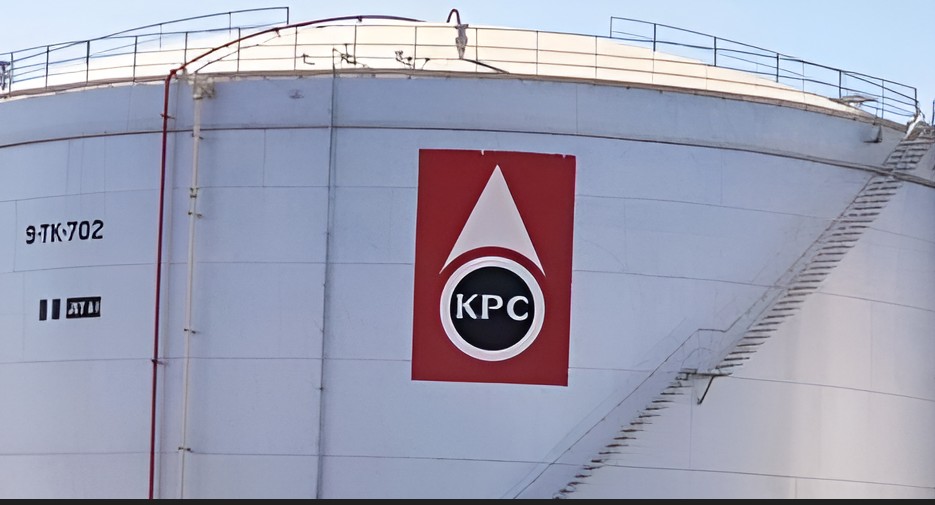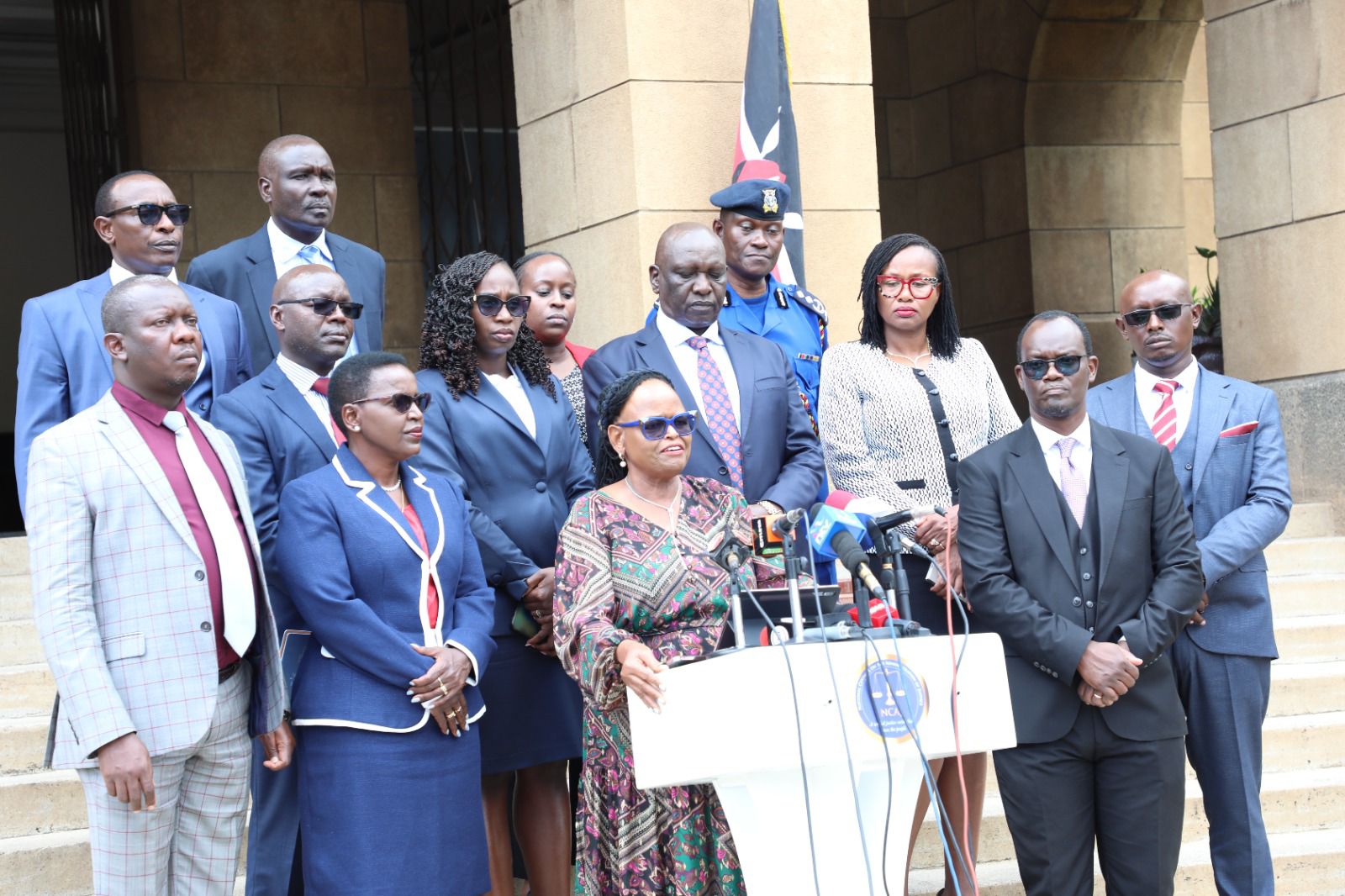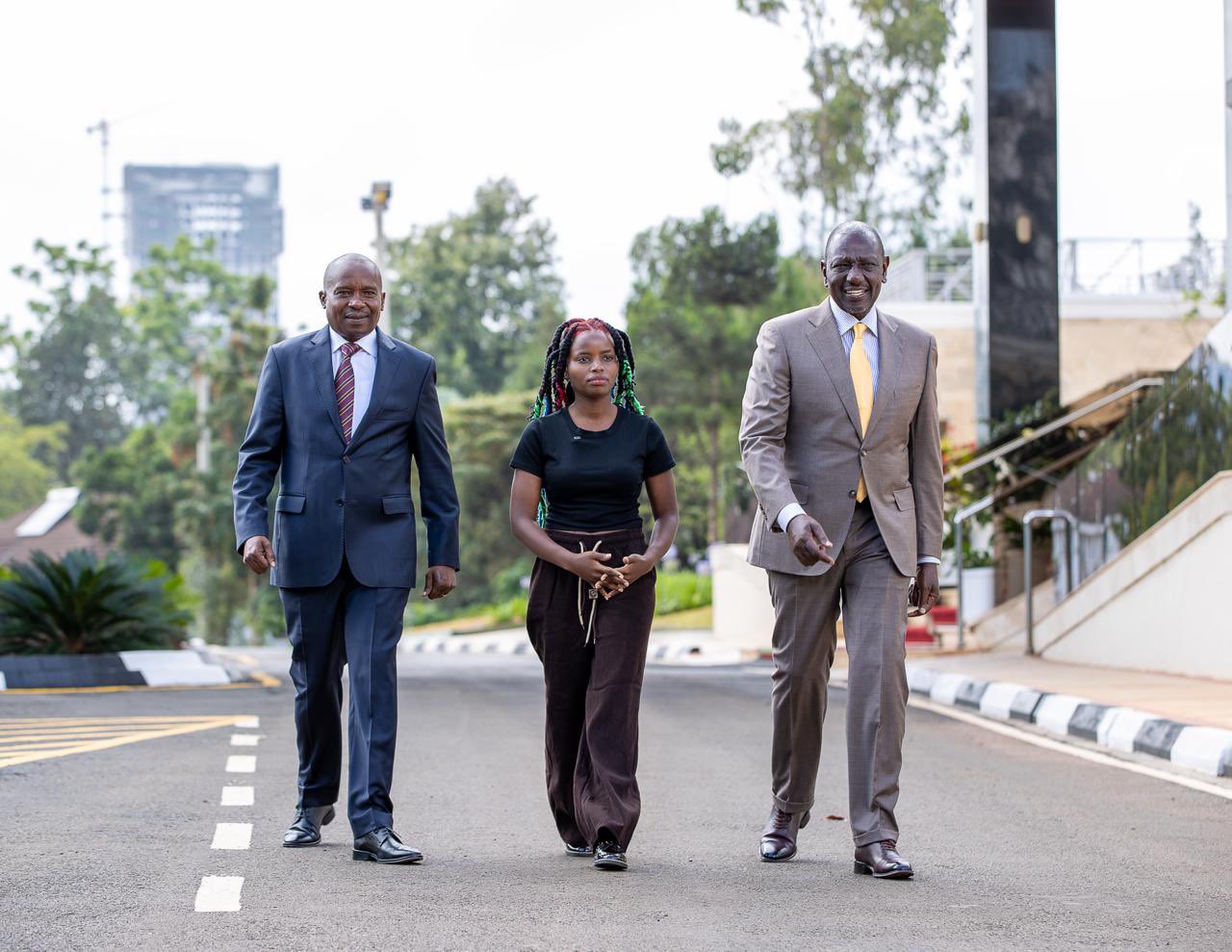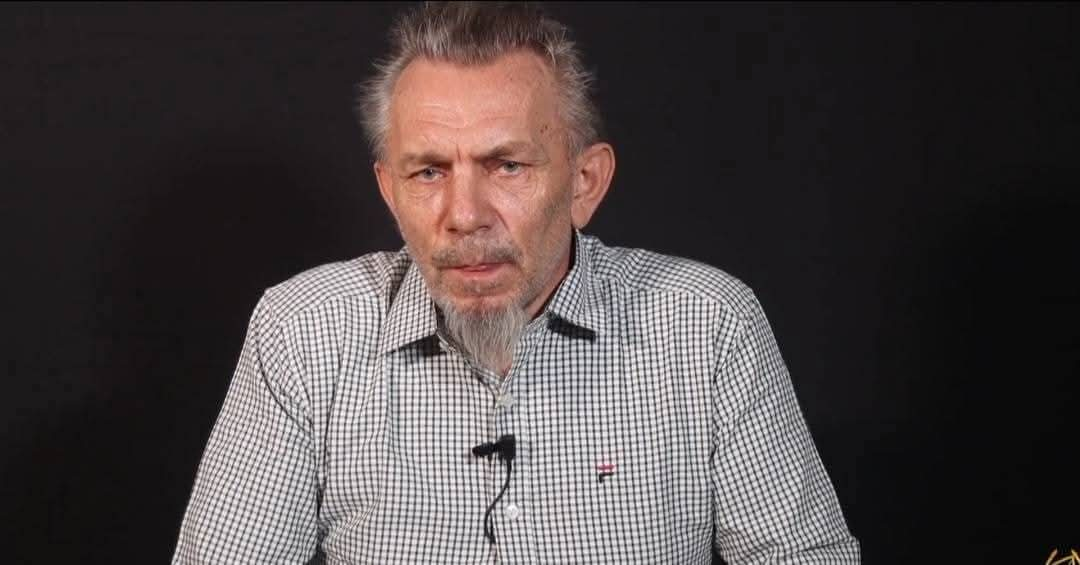MPs approve strict oversight framework for Kenya Pipeline ahead of privatisation

The National Assembly has resolved that the company will only be allowed to transport and store petroleum products, and any move to import or sell fuel will require approval from regulators and the National Assembly.
Kenya Pipeline Company (KPC) will face strict operational restrictions once it is privatised, after lawmakers approved a framework that limits its functions and sets out tough oversight measures.
The National Assembly has resolved that the company will only be allowed to transport and store petroleum products, and any move to import or sell fuel will require approval from regulators and the National Assembly.
More To Read
- Fuel prices hold steady for December–January despite fluctuating global oil costs
- How collaboration is redefining Kenya's e-commerce playbook
- Three-week drop in benchmark crude sets up Kenyans for further fuel price relief
- Consumers to get more units for less as electricity tariffs decline
- State sugar mill leases risk exposing consumers to higher prices - report
- Matatus take EPRA and City Hall to court over ban on passenger pickups at fuel stations
A schedule attached to the Sessional Paper on the firm’s privatisation states, “...Kenya Pipeline Company Limited shall not venture into the importation or sale of petroleum products without prior approval from the Competition Authority of Kenya (CAK), Energy and Petroleum Regulatory Authority (EPRA), and the National Assembly.”
The House gave the green light to the Sessional Paper last week, allowing the government to dispose of part of its shareholding while maintaining at least 35 per cent ownership.
Through the planned initial public offering at the Nairobi Securities Exchange, the Treasury hopes to generate roughly Sh100 billion from the transaction.
To safeguard public interests, MPs adopted a series of resolutions to guide the sale process. They directed that a full valuation of the company’s current assets and financial standing be undertaken and submitted to Parliament before the IPO is launched.
The valuation must be included in the prospectus and presented in a simplified, citizen-friendly version to make the process transparent.
“This should also take into account the future potential of the business in compliance with section 31 of the Privatisation Act, 2005,” MPs say in the schedule.
MPs also want a clear explanation in the IPO documents on how Kenya Petroleum Refineries Limited, a subsidiary of KPC, has been assessed and integrated into the overall valuation.
The Auditor-General has been instructed to review the entire privatisation process, confirm value for money, and table a report in Parliament within six months after completion.
Employees of KPC will also be factored into the privatisation plan through an employee share ownership scheme.
In addition, the Privatisation Commission has been directed to set a maximum number of shares that can be held by one entity or related parties to avoid overconcentration of ownership.
This is intended to protect national energy interests and ensure a competitive market structure.
MPs further want a portion of the shares reserved for Kenyans, with special consideration for youth, women, and persons with disabilities, to promote broad local ownership. They have also called for the hiring of transaction advisers to follow open and competitive procedures, with the transaction cost capped at Sh100 million unless Treasury approves any increase.
Proceeds from the share sale will be channelled to development projects, settling outstanding bills, or managing liabilities, ensuring that the funds are used for public benefit.
Top Stories Today












































